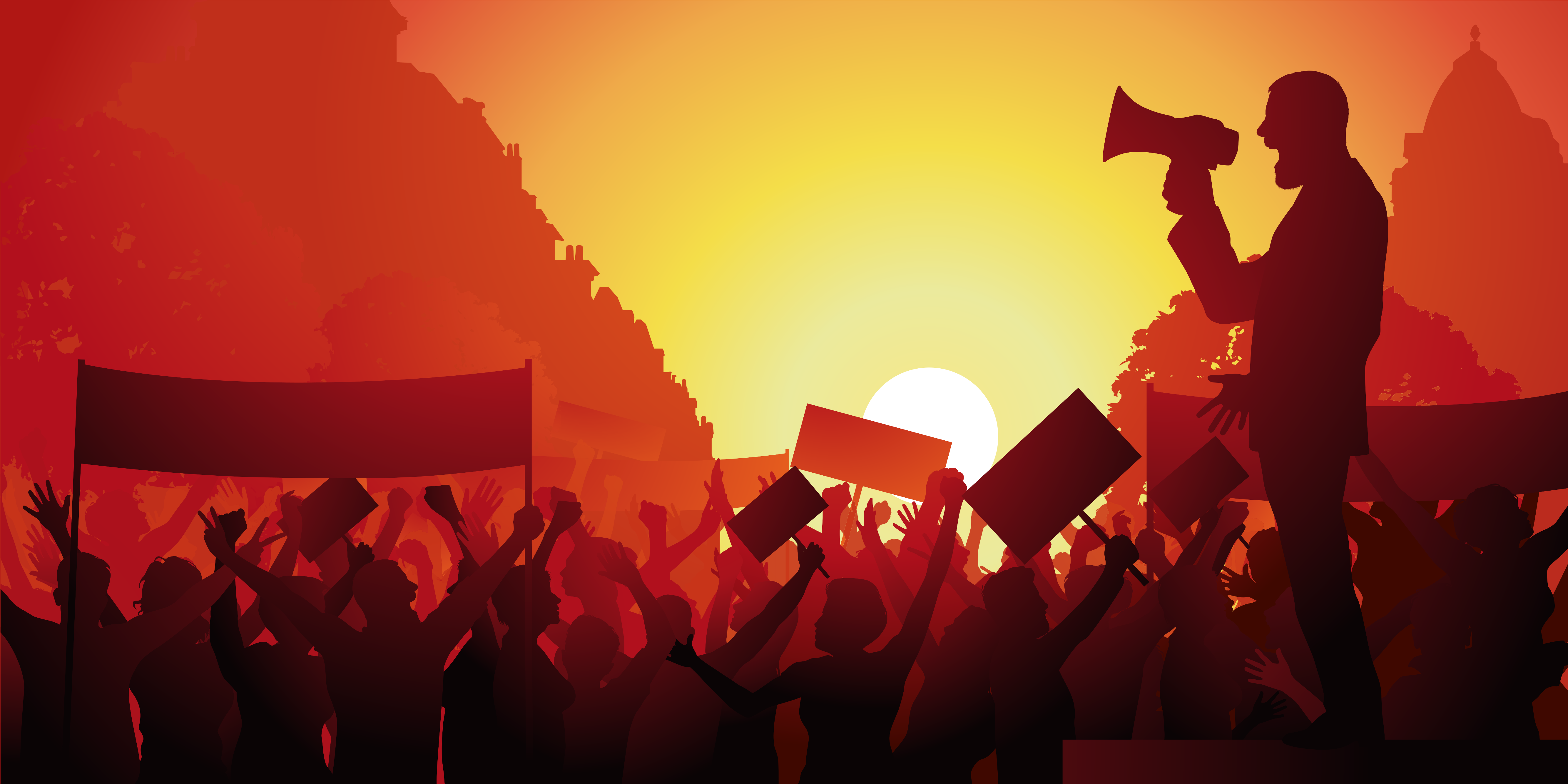In a world that grows increasingly interconnected, cultural awareness emerges as a powerful catalyst for personal growth and transformation. Cultural awareness isn’t just about travel or learning new customs. It’s about noticing the small things—how families share meals, how friends greet each other, how people express joy and grief. Personal growth happens when we allow…
Dignity and Pride: Understanding the Thin Line that Separates them
In our pursuit of self-worth and self-respect, we often wrestle with the intricate concepts of dignity and pride. While these ideas are intertwined, they each carry a unique weight that can be difficult to distinguish. Recognizing the fine line that separates dignity and pride is crucial for understanding their significance in our lives. This article…
The Impact of Cultural Diffusion: Celebrating Diversity and Sharing Traditions
In our interconnected world, the impact of cultural diffusion is undeniable. As people travel, migrate, and share their thoughts, they bring their traditions and customs with them, creating a beautiful mosaic of diversity. Have you ever collaborated with people from different countries, traveled abroad, or participated in cultural festivals? If so, you’ve experienced the joy…
8 Monumental Paradigm Shifts in History That Redefined Our World
Throughout history, there have been moments of profound transformation that have altered the course of human civilization. These paradigm shifts have reshaped our world, challenging old beliefs and ushering in new opportunities. From the invention of the printing press to the Industrial Revolution, these milestones have affected technology and science and influenced social and cultural…
Historic Friendships: Exploring the Unbreakable Bonds That Shaped the Course of Humanity
Throughout history, there have been friendships that transcended time, culture, and even adversity. These unbreakable bonds enriched the lives of those involved and played a significant role in shaping human history. From political allies to artistic collaborators, the impact of these historic friendships is immeasurable; we’ll delve into the stories of some of these remarkable…
Race and Ethnicity: Understanding the Distinctions and Celebrating the Diversity within Humanity
Race and ethnicity are often used interchangeably, but they hold distinct meanings. People’s rich and varied backgrounds contribute to the vibrant tapestry of global culture, molding traditions, customs, and artistic expressions. Knowing the difference between race and ethnicity and where they overlap is essential for celebrating diversity and creating an inclusive society. Learn what those…
Developed and Less Developed Countries: Understanding the Differences and Why it Matters
Developed or less developed countries are classified based on a complex interplay of economic, social, and political factors. According to the United Nations, this classification reflects their basic economic conditions. Understanding the differences between developed and less developed countries is essential for fostering empathy, promoting global cooperation, and working towards a more equitable world. Learn…
The Worst Wars in History and How They Proved the Need for Peace
Throughout human history, our world has been ravaged by the devastation and suffering of war. Technology and human rights advances have not eliminated the use of violent means in resolving disagreements. With conflicts raging across the globe (and the threat of more), we are pressed to understand the impact of war. These five gruesome worst…
Cultural Appropriation vs Appreciation: Why Knowing the Difference Matters
Cultural appropriation or misappropriation happens when a person from one culture adopts something from a cultural group that is not theirs. This contrasts with cultural appreciation, when they respect the symbolism and artifacts of the original culture. You can avoid mixing up the two by learning the difference between cultural appropriation vs appreciation and what…
Dark Dictators in History and What We Can Learn From Their Downfall
A dictatorship is an authoritarian government in which one person holds all (or nearly all) of the ruling power. They are known for being dangerous and malevolent – usually run by an evil, mean-spirited sociopath. Many ruthless dark dictators in history have displayed a propensity for brutality and violence. Learn about the most notorious ones…










